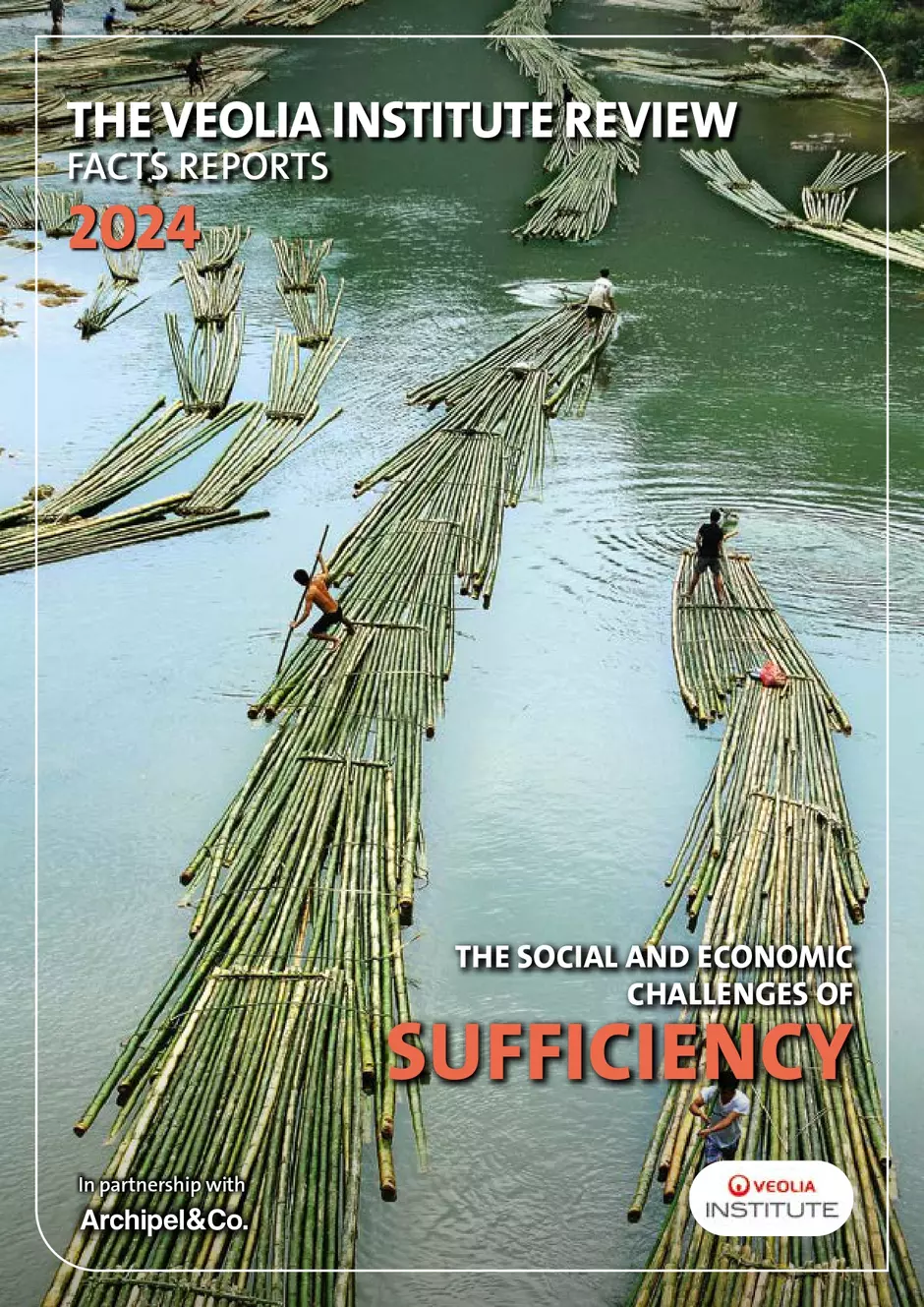Sufficiency a key issue in responding to the climate emergency
Against the backdrop of an unprecedented climate crisis, sufficiency is emerging as an essential solution to environmental challenges. Beyond simply reducing consumption, sufficiency invites us to rethink the way we live, produce and consume in a more sustainable and equitable way. Increasingly present in public debate, sufficiency questions the way in which we can combine energy efficiency, social justice and the preservation of natural resources.
This approach, which goes far beyond mere technical efficiency, raises some profound questions: how can we redefine our needs at source? How can we promote individual and collective change towards more responsible consumption, while taking account of social and economic realities?
The new edition of the FACTS Report explores these complex issues, offering a range of perspectives on how sufficiency is emerging as a key response to climate and societal challenges.
Discover:
- The Foreword of Mamphela Ramphele, Former Managing Director of the World Bank and Member of the Veolia Institute’s Foresight Committee
- Introduction of Nicolas Renard, Executive Director of the Veolia Institute

1. Multiple perspectives on sufficiency
Although sufficiency is now collective, its primary goal remains focused on changing how individuals behave
Alfred University, NY
Archipel&Co
Professor of economics
Associate Professor at the Department of Interdisciplinary Studies of Culture
Singer, songwriter, producer, and musician
2. Sufficiency under debate: political and social challenges
The acceptability of sufficiency, as well as its desirability, are conditioned as much by political and social considerations as by symbolism
Economist at the European Commission and Lecturer (Sciences Po, HEC Paris)
Author, speaker, researcher, professor of Public Policy
Pauline Vigey, Trained economist who studied at CERDI (research center on international development) and Clermont Auvergne University
Tyler McCreary, Associate professor in the Department of Geography at Florida State University
3. Sufficiency in action: variants, operationalizations, hybridizations
Sufficiency is often coupled with value-creation models, inviting us to see sufficiency and performance as a complementary pairing rather than mutually exclusive alternatives
Professor of Strategy and Business Policy, HEC Paris
Designer and founder of the Anti_Fashion Project
Political scientist and researcher at the Centre for European Studies and Comparative Politics at Sciences Po Paris
Doctor of social psychology
Senior Executive Vice President, France and Special Waste Europe, Veolia





















